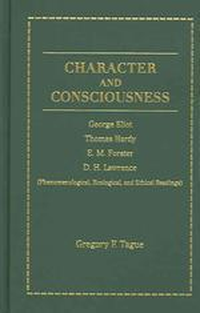Bodies, Masses, Power: Spinoza and His Contemporaries
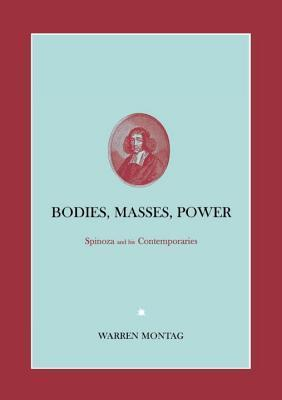
Summary
This book seeks to show, against the grain of English language commentary, that Spinoza is neither a Cartesian nor a liberal but precisely the most thoroughgoing materialist in the history of philosophy. The work begins by examining Spinoza’s notion of the materiality of writing, a notion developed through his examination of scripture. It then postulates the three fundamental principles of Spinoza’s philosophy: there can be no liberation of the mind without a liberation of the body, and no liberation of the individual without a collective liberation, and that the written form of these propositions itself possesses a corporeal existence, not as the realization or materialization of a pre-existing mental, spiritual intention, but as a body among other bodies. Ultimately, the book prompts us to consider Spinoza’s philosophy anew, by replacing questions like “Who has read it?” and “Of those, how many of us have understood it?” with “What material effects has it produced, not only on or in minds, but on bodies as well?” and “To what extent has it moved bodies and what has it moved them to?”
Similar Books
-
 Memory, History, Forgetting
Memory, History, Forgettingby Paul Ricœur
-
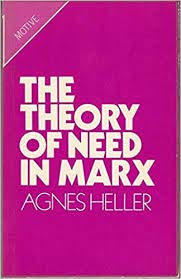 The Theory of Need in Marx
The Theory of Need in Marxby Ágnes Heller
-
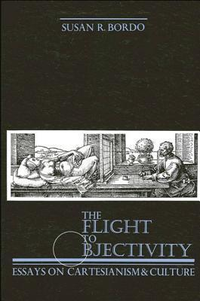
-
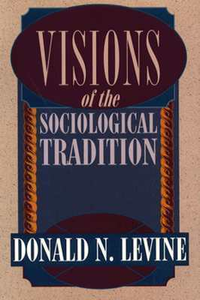 Visions of the Sociological Tradition
Visions of the Sociological Traditionby Donald Nathan Levine
-
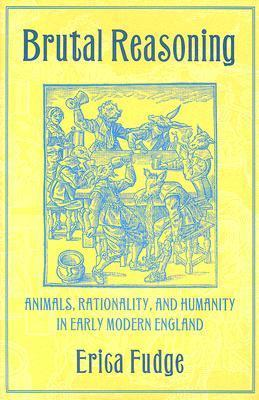
-

-
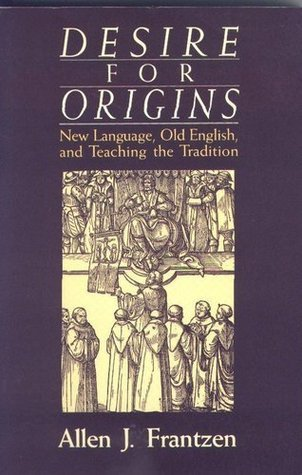 Desire for Origins: New Language, Old English, and Teaching the Tradition
Desire for Origins: New Language, Old English, and Teaching the Traditionby Allen J. Frantzen
-
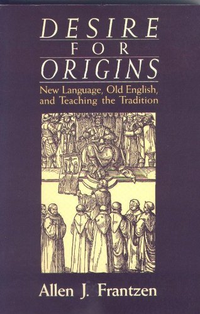 Desire for Origins: New Languages, Old English, and Teaching and Tradition
Desire for Origins: New Languages, Old English, and Teaching and Traditionby Allen J. Frantzen
-
 Enemies of Hope: A Critique of Contemporary Pessimism
Enemies of Hope: A Critique of Contemporary Pessimismby Raymond Tallis
-
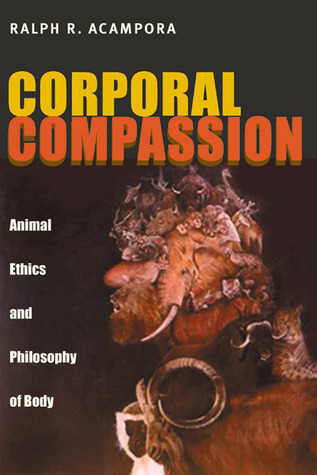 Corporal Compassion: Animal Ethics and Philosophy of Body
Corporal Compassion: Animal Ethics and Philosophy of Bodyby Ralph R. Acampora
-
 Social Evolutionism: A Critical History
Social Evolutionism: A Critical Historyby Stephen K. Sanderson
-
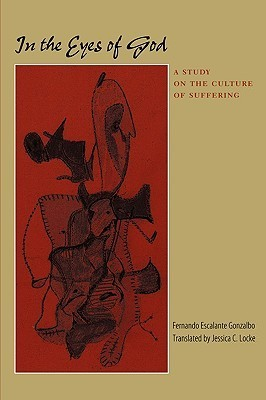 In the Eyes of God: A Study on the Culture of Suffering
In the Eyes of God: A Study on the Culture of Sufferingby Fernando Escalante Gonzalbo
-
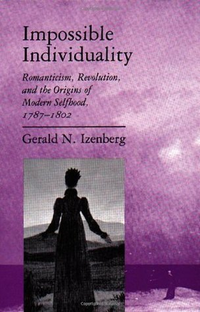
-
 Makers of Modern Culture: Five Twentieth-Century Thinkers
Makers of Modern Culture: Five Twentieth-Century Thinkersby Roland N. Stromberg
-
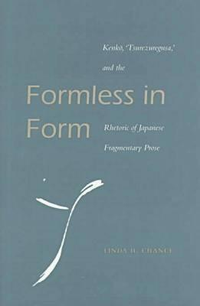
-
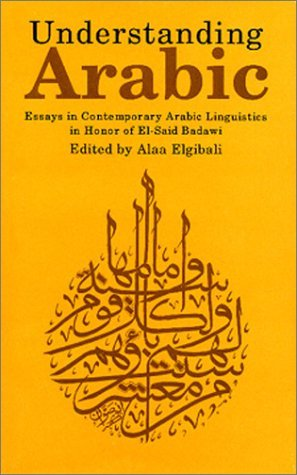
-
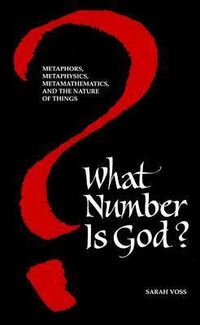
-
